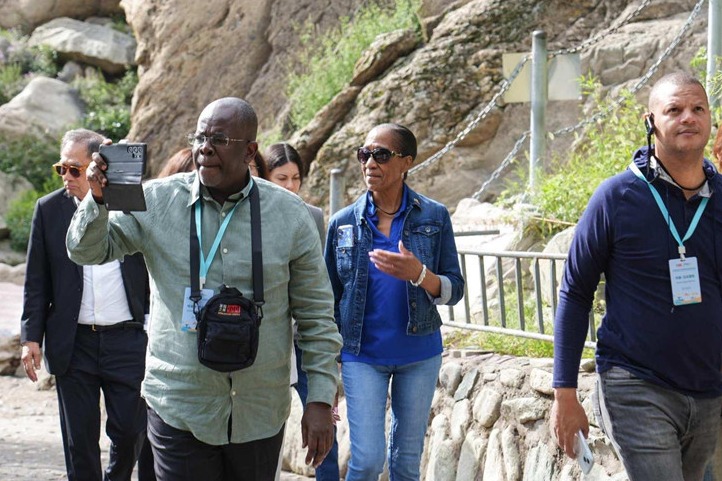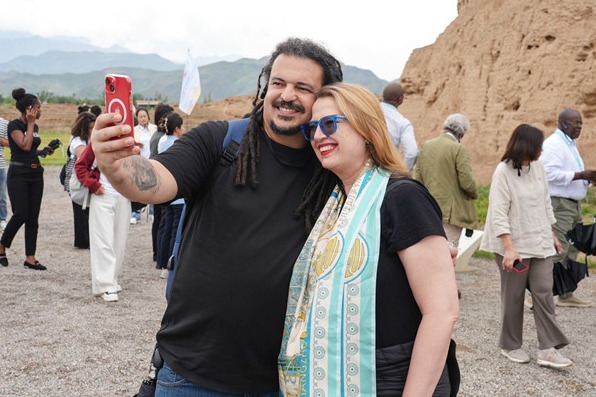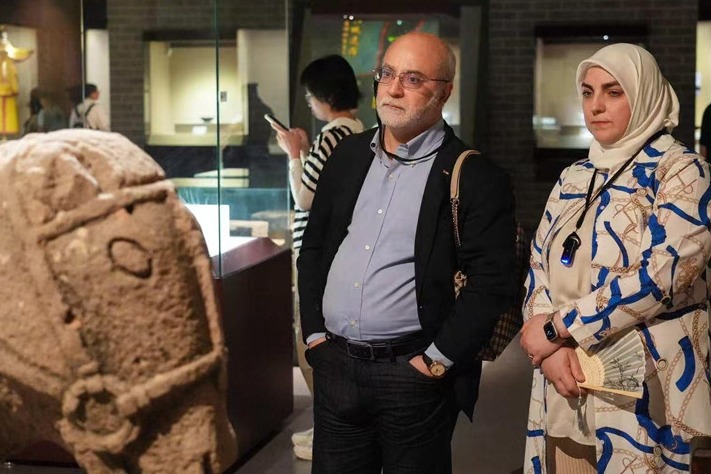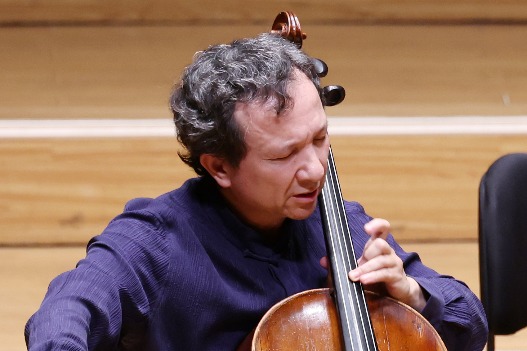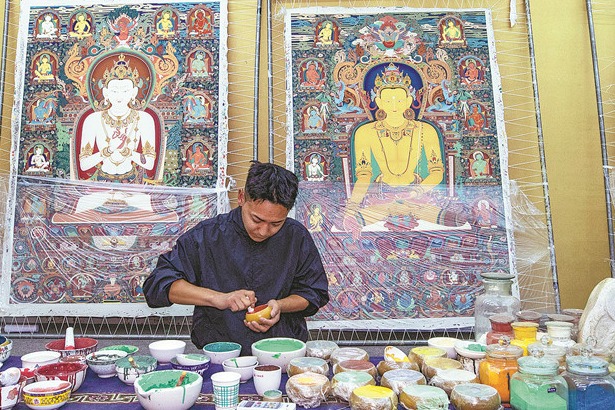Guardians of a vanishing song
Dong ethnic group preserves its centuries-old tradition with ancestral memory, cultural pride and communal identity, Chen Nan and Liu Boqian report.

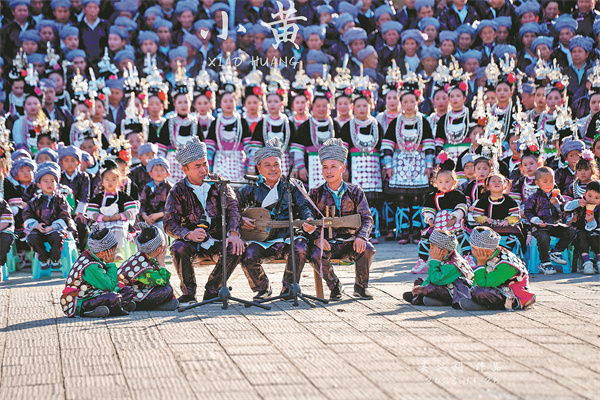
"We know that in a large choir, one person stands with a baton to guide the group. But in a Dong choir, even with hundreds of singers, there is no conductor. It is harmony without direction, a pure connection between voices. That is why the world recognizes it," he says.
Yang Guangxin, 49, also an inheritor of the Grand Song from Chaoli village in Congjiang, learned to sing from her grandmother at 13.
"There are different types of songs in the Grand Song tradition, but I have a particular fondness for the narrative songs that are rich in meaning. The most cherished are the 'root songs', which tell of origins and ancestry," Yang says.
Teaching remains central to preservation. Besides recording songs, the teachers, like Wu and Yang, also translate songs into Mandarin so that more people can understand and appreciate them.
At the same time, young artists experiment with fusion, blending the structure of Grand Song with modern genres.
Wuyue Chan'ge, which literally means "dancing music, cicada song", is an ensemble composed of graduates and students majoring in music at schools in Guizhou. Most of its members were born in the 1990s and 2000s.



















